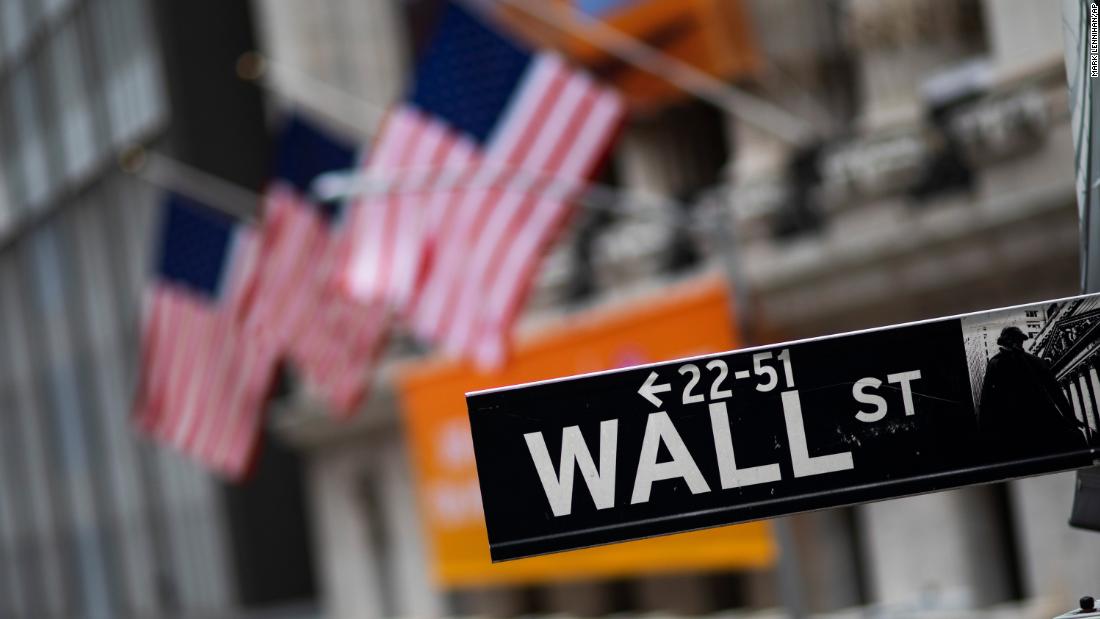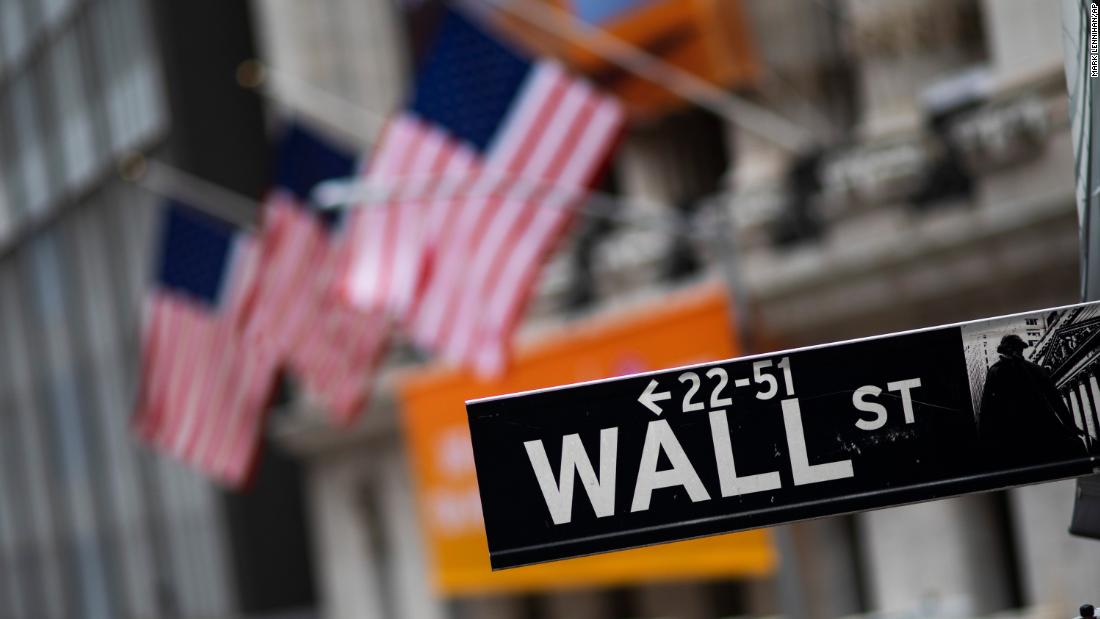[ad_1]

Yet nine months before Election Day, history places the Trump economy squarely in territory consistent with winning another term.
Of his six most recent predecessors, each one who avoided an economic downturn in the last half of his first term won reelection. Only Bill Clinton and Trump, so far, avoided any brush with recession at all.
Unpresidential behavior notwithstanding, Trump has overseen a three-year extension of the expansion he inherited from Barack Obama. The expansion has broken previous records to become the longest in US history.
It has driven unemployment to its lowest rate in a half-century and boosted wages for average workers. The Dow Jones Industrial Average has risen 43% since his inauguration.
What Trump has and hasn’t done
All Presidents have limited ability to shift the trajectory of America’s $20 trillion economy. That hasn’t stopped Trump from characteristically wild exaggerations, which television viewers can expect to hear again Tuesday night as he touts “The Great American Comeback.”
He has not created “the greatest economy in the history of our country.” The late-1990s boom under Clinton produced far more robust growth.
He has not ended an economic “nightmare” by replacing the North American Free Trade Agreement with the US-Mexico-Canada deal he signed last week. It actually represents a modest revision of NAFTA, much of it negotiated by the Obama administration for the larger Trans-Pacific Partnership that Trump junked.
He has not delivered job gains “nobody would’ve believed” before his presidency. The 8 million jobs created during Obama’s last three years in office outnumbers those created in Trump’s first three.
In fact, Trump has largely surfed growth and employment trends that began in the Obama-era recovery from the Great Recession. The 2% annual growth economists now forecast over the next decade matches forecasts from before he took office.
“The potential of the US economy to produce goods and services has not fundamentally changed,” observes Michael Strain, who directs economic policy studies at the conservative American Enterprise Institute.
Yet Strain sees an opening for Trump to brighten a national economic debate that has emphasized shrinking opportunities for middle- and working-class Americans. His forthcoming book, “The American Dream Is Not Dead,” argues that both parties have overlooked improving conditions while playing to voter anxieties.
Trump vs. Democrats on the economy
But presidential incumbents, as Ronald Reagan showed with his 1984 “Morning in America” campaign, usually strike upbeat themes as they argue for another term.
Holes in Trump’s record complicate his case. He has not delivered better health care coverage to vulnerable Americans, instead threatening benefits they gained under Obamacare.
He has not upgraded American infrastructure or revived a coal industry still beset by economic and environmental pressures that drive down demand. Manufacturing — the object of his pledge to end the “carnage” afflicting blue-collar workers — has fallen into recession.
Spending by consumers has sustained Trump-era growth. And economists see their confidence as fragile.
“Consumers say they feel good, but have proven they’ve grown more susceptible to a negative news shock,” notes Diane Swonk, chief economist for the business consulting firm Grant Thornton.
Coronavirus fears
That raises the stakes for Trump’s handling of the coronavirus, which threatens to damage global economic activity. His administration has not earned a reputation for competent governance.
The coronavirus wild card could yet trigger a 2020 recession, which Mark Zandi of Moody’s Analytics calls a 35% possibility. So could setbacks on trade policy.
Fear of economic fallout led White House advisers to dissuade Trump from new tariffs on imports from China late last year. But an unpredictable president governed by impulse often bucks attempts to control him — on the economy, national security and everything else.
The nature of 21st century polarization makes culture at least as important as the economy in driving election outcomes. No one doubts Trump could return to truculent populism if he deems it necessary to motivate core supporters, whatever economic advisers say.
“He’s not going to listen to them,” says Douglas Holtz-Eakin, once a top economic aide to President George W. Bush. “Who knows what he’ll do?”
[ad_2]
Source link

